




Folate, also known as vitamin B9, plays a crucial role in the production of neurotransmitters such as serotonin and others responsible for regulating mood. Likewise, folate is a crucial nutrient that plays an essential role in maintaining good health. It is essential for the proper functioning of the body, particularly in the production of red blood cells and DNA synthesis. Additionally, it has been linked to mental health, with research showing that it may have a significant impact on mood. Also, folate has been shown to affect cognitive function and overall mental well-being.
Folate and folic acid are often used interchangeably but are not quite the same. The primary difference between folate and folic acid is their chemical structure and how they are absorbed by the body.
Folate is the natural form of vitamin B9 found in foods such as leafy green vegetables, fruits, and legumes. Also, it is a water-soluble vitamin that is easily absorbed by the body and converted into its active form, L-methylfolate.
Folic acid, on the other hand, is a synthetic form of vitamin B9 that is commonly used in dietary supplements and fortified foods. It is not found naturally in foods but is added to many processed foods such as bread, cereals, and pasta. Folic acid needs to be converted to its active form, L-methylfolate, by the body before it can be used. However, some people have genetic variations that impair their ability to convert both folate and folic acid to L-methylfolate. Consequently, this can lead to a deficiency in this important nutrient. Specifically, a mutation of the MTHFR gene results in a reduced capacity to create L-methylfolate. Up to as many as 70% of depressed patients have this genetic variant.
Folate is a water-soluble vitamin that is essential for the proper functioning of the nervous system. Studies have shown that people with low levels of folate in their diet are at higher risk of depression, anxiety, and other mental health disorders. This is because folate plays a critical role in the production of neurotransmitters, the chemicals that transmit messages between nerve cells.
Neurotransmitters such as serotonin, dopamine, and norepinephrine are essential for regulating mood, sleep, and cognitive function. Therefore, it is important to maintain adequate levels of these chemicals. Research has shown that folate deficiency can lead to decreased levels of these neurotransmitters, which can contribute to the development of mental health disorders.
Depression is a common mental health disorder that affects millions of people worldwide. It is characterized by persistent feelings of sadness, hopelessness, and a lack of interest in daily activities. Studies have shown that people with depression have lower levels of folate in their blood compared to those without the disorder.
Folate plays a crucial role in the production of neurotransmitters such as serotonin, which is often referred to as the “feel-good” neurotransmitter. Serotonin is essential for regulating mood, so low levels of this neurotransmitter have been linked to depression. Additionally, folate is essential for the production of dopamine and norepinephrine, two other neurotransmitters that are important for regulating mood and motivation.
Research has also shown that folate supplementation can improve the effectiveness of antidepressant medications. Several studies found that people with depression who received folate supplementation in addition to their antidepressant medication showed greater improvements in their symptoms than those who received the medication alone.
Anxiety is another common mental health disorder that is characterized by persistent feelings of worry and fear. Studies have shown that low levels of folate in the blood may be associated with an increased risk of anxiety disorders.
Like depression, anxiety is also linked to imbalances in neurotransmitters such as serotonin and dopamine. Folate is essential for the production of these neurotransmitters, so low levels of folate may lead to imbalances that contribute to anxiety.
One of the first noticeable symptoms of folate deficiency is fatigue. Other symptoms may include:
Shortness of breath
Irritability
Dizziness or light-headedness
Sore, red tongue
Mouth sores
Reduced sense of taste
Lack of energy
Muscle weakness
Problems with balance and coordination
Feelings of pins and needles
Weight loss
Headaches
Problems with vision
Heart palpitations
Memory loss
Difficulty concentrating
Confusion
Impaired judgment
Depression
Anxiety
The recommended daily amount of folate for most people is 400 mcg per day. Many vegetables, fruits, and legumes are good sources of folate. Beef liver is also an excellent source of folate. A 4 oz serving of beef liver provides 350 mcg of folate, nearly a full day’s requirement.
Folate is water soluble and therefore will leech out of food into cooking water. Also, it is affected by heat so can be diminished in cooked food. Generally, eating raw foods containing folate is most beneficial. However, there are some exceptions where a cooked food may contain more folate than in its raw form. Spinach would be a good example. One cup of raw spinach contains 64 mcg of folate. One half-cup of cooked spinach contains 146 mcg of folate. This is because it takes several cups of raw spinach to make one half-cup of cooked spinach.
Some foods that are naturally rich in folate include:
Leafy Greens: Spinach, collard greens, kale, mustard greens, and turnip greens are all good sources of folate. Two cups of romaine lettuce provides about 136 mcg of folate.
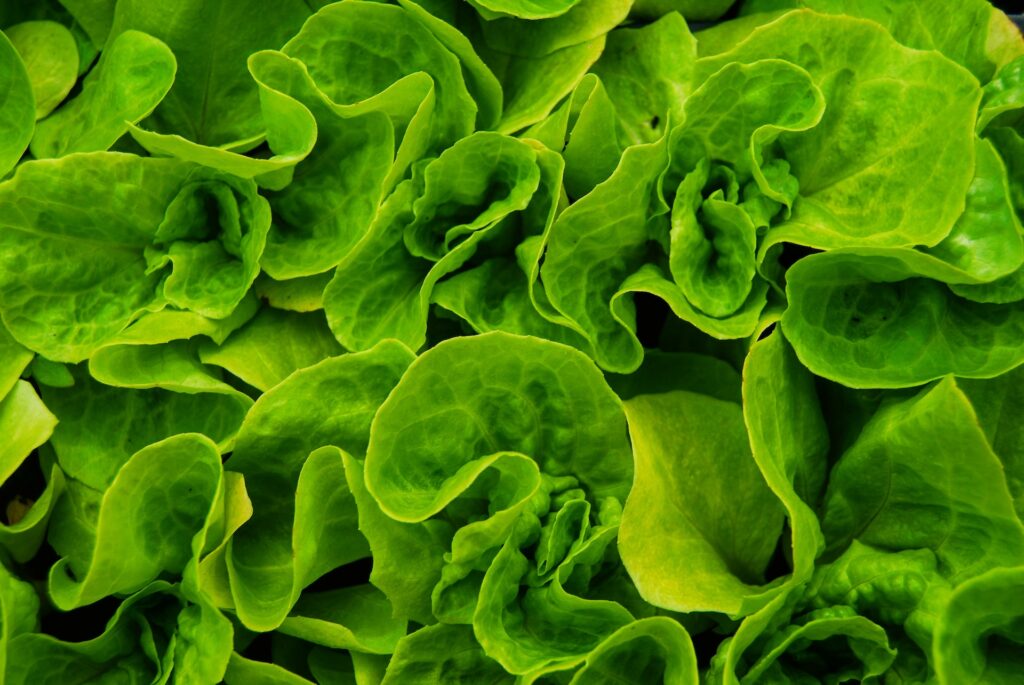
Legumes: Lentils, black beans, navy beans, chickpeas, and kidney beans are all high in folate.
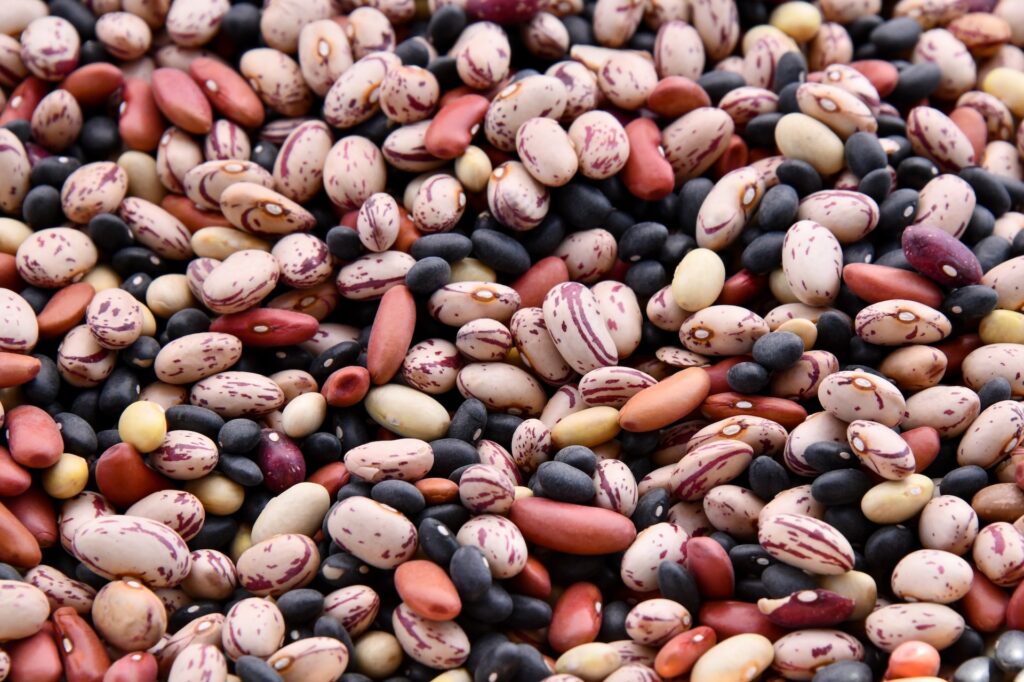
Asparagus: One cup of cooked asparagus provides about 300 mcg of folate, which is 3/4ths of the daily recommended intake.

Avocado: A medium-sized avocado contains about 90 mcg of folate.
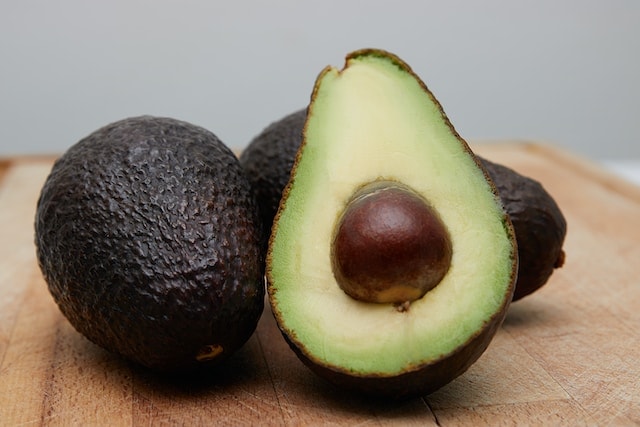
Broccoli: One cup of raw broccoli contains about 63 mcg of folate. One half-cup of cooked broccoli contains about 108 mcg of folate.
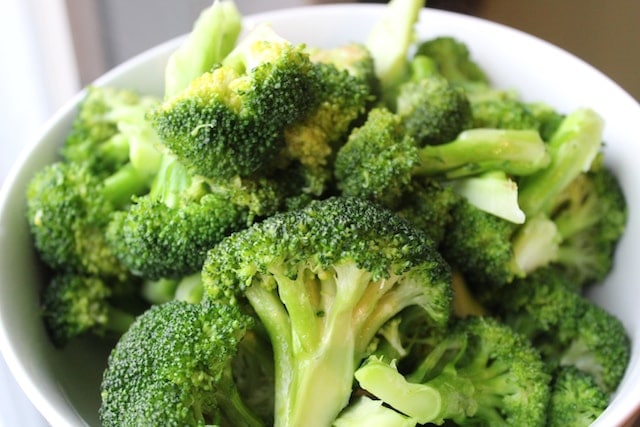
Citrus Fruits: Oranges, grapefruit, and papayas are all good sources of folate.
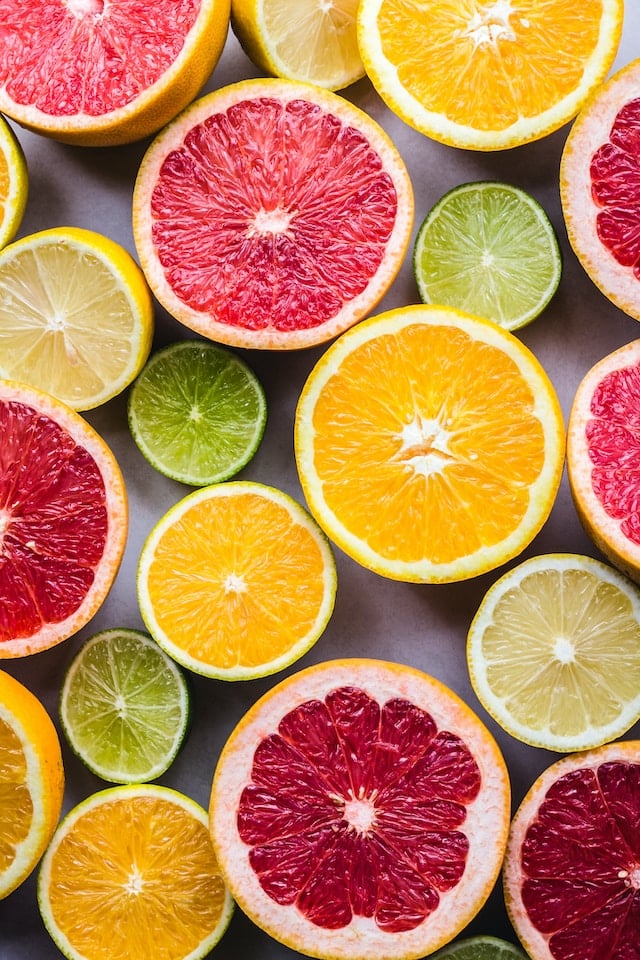
Brussels Sprouts: One cup of cooked brussels sprouts provides about 78 mcg of folate.

Beets: One cup of cooked beets contains about 148 mcg of folate.

Cauliflower: One cup of raw cauliflower contains about 57 mcg of folate.

Clearly, consuming enough folate is important for optimal mental health. However, there is a danger in getting too much folate. High levels of folate can cause a deficiency in vitamin B12. A deficiency in vitamin B12 can cause a range of psychological symptoms from mild depression or anxiety to confusion and dementia. The symptoms of folate deficiency and B12 deficiency can be nearly identical. In other words, don’t trade one problem for another by over-correcting.
There is little chance of getting too much folate from food. However, it is possible to get too much folate from over supplementation. It is always best to get nutrients from food where they occur naturally.
In conclusion, eat a variety of fruits and vegetables to meet requirements for folate. Normally, supplementing with folic acid is not necessary with a proper diet. However, you may need to take folic acid if you are pregnant or have a MTHFR gene mutation that interferes with folate absorption. This should be done under the guidance of a physician.
Hi yes I have very low self-esteem b12 and very high folate Unfortunately there is no b12 injections in the country I have severe vertigo most of the day and bad sy night when I like down I am so tired. I am allergic to iron as well so those levels ate always low. Just fern sick. no appetite drinking heaps. Hard getting thru the day.
Thanks Kat
So sorry you are having these struggles Kat. You are in New Zealand? It has to be extremely difficult to get enough B12 when allergic to iron as most foods with B12 will also have iron. Argh. If there are not B12 injections there, what are the other alternatives for your B12? Can you eat dairy products? They would be very low in iron relative to the B12 content.
great article, folic acid is not folate, As you rightly pointed eating too much folate throws out the balance of vit B12.The B vitamins all compete for each other, so it’s best to eat all of them in the right balance. Thats why if you take a b vitamin, you take a b complex, so you get all of them.
Thanks for your comment, Kim! You are right about balance and the confusion around folic acid vs folate. It’s nearly impossible to get too much folate in the foods we eat, but a person could get too much if over supplementing folic acid. But a person may need to supplement it alone if they cannot absorb it normally. Finding that balance is definitely key.